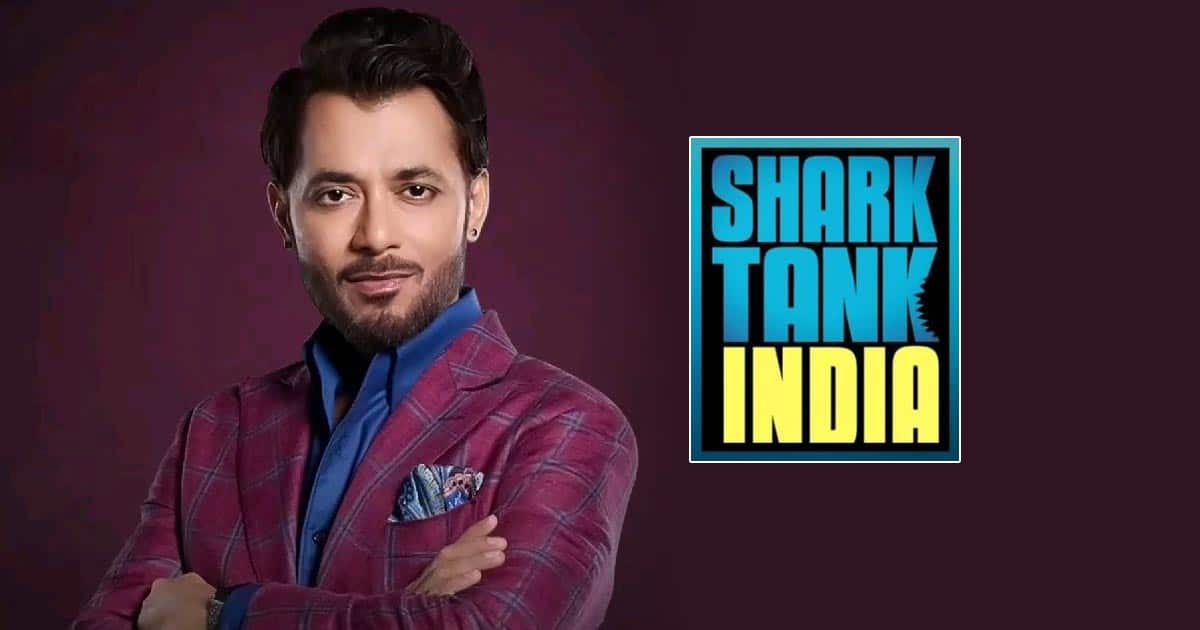Renowned investor Anupam Mittal has issued a comprehensive statement addressing the ongoing controversies surrounding the popular reality show, Shark Tank India. Mittal unequivocally refuted the allegations, branding them as baseless and lacking evidence. He emphasized the importance of relying on factual data when evaluating the integrity of the show.
The accusations leveled against Shark Tank India include claims such as the Sharks not investing their own money, the show being scripted, and the Sharks exclusively funding profitable companies. Mittal vehemently rejected these allegations, asserting that they are mere predetermined narratives without substantial evidence or credible sources. Expressing disappointment at the flimsiness of the controversy and the absence of concrete information, he called for a more substantial and evidence-based discussion.
Responding to the allegations, Anupam Mittal provided his perspective and clarified his stance. Acknowledging the challenge of addressing the allegations without specific instances or names, he drew upon his experience and observations within the show to offer insights into the matter.
Mittal underscored the importance of the Completion Ratio (CR) as a crucial indicator of the show’s integrity. Globally, approximately 60% of the deals on Shark Tank are successfully completed, and in Shark Tank India Season 1, an impressive two-thirds of the deals were finalized, setting a commendable record. With Season 2’s CR data expected in August, Mittal expressed confidence in maintaining healthy completion rates based on the positive deal momentum.
Exploring the factors that influence completion rates and timelines, Mittal highlighted several key points. He noted that many businesses featured on Shark Tank India are in their early stages, often operating as proprietorships. Consequently, founders may lack experience in areas such as company registration and shareholder agreements. The show’s teams provide guidance and support to address these issues, which can contribute to the longer time required for deal completion, ranging from 3 to 9 months.
Mittal also acknowledged that not all deals materialize due to various factors. Founders may change their minds, fail to meet legal, financial, or tax requirements, or not fulfill obligations agreed upon when accepting a conditional deal. He emphasized that such occurrences are inherent to the nature of deal-making and can impact completion rates.
Furthermore, Mittal acknowledged the possibility of founders engaging in renegotiation or exploring better deals elsewhere, leading to delays in the completion process. Although he personally discourages such behavior, he remains open to finding mutually beneficial structures that cater to the interests of all parties involved.
Taking a broader perspective, Mittal highlighted the positive impact of Shark Tank India in democratizing Indian entrepreneurship. With over 200,000 entries, 388 pitches (nearly half of which were presented by women), and approximately 200 offers totaling around 150 crores, the show has emerged as a potent catalyst for nurturing entrepreneurial talent in India.
Anupam Mittal called on critics to substantiate their critiques with data and specific information rather than relying on incomplete anecdotes and expert opinions that generate sensational headlines but fail to capture the complete truth. He extended an open invitation to any founders who have made such claims, encouraging them to come forward. If genuine grievances exist, Mittal expressed a willingness to address and rectify them. However, he cautioned against baseless complaints stemming from frustrations over not receiving investment without fulfilling obligations, considering such incidents as valuable learning experiences.
The controversies surrounding Shark Tank India shed light on the tendency of unsubstantiated allegations and sensationalism to overshadow the positive impact of shows like these. As Anupam Mittal rightly emphasizes, a thorough evaluation should be based on data and specific information rather than narratives lacking substantial evidence.
To get more updates, Follow us on Facebook, Twitter, Instagram And Linkedin



